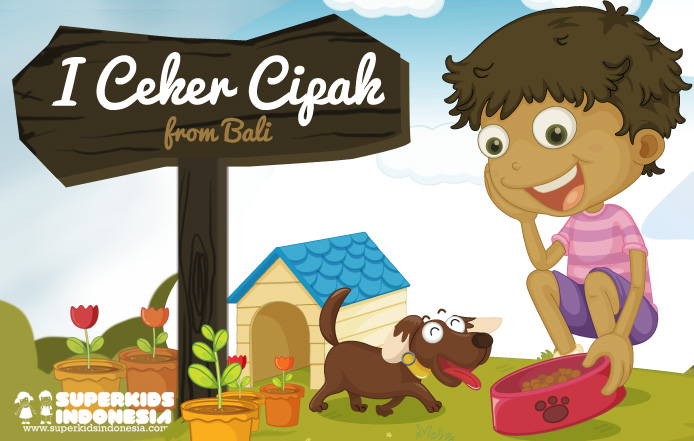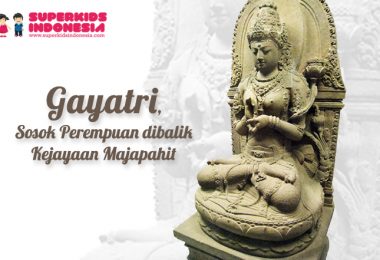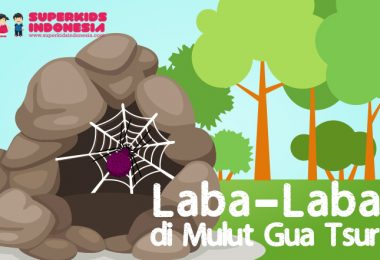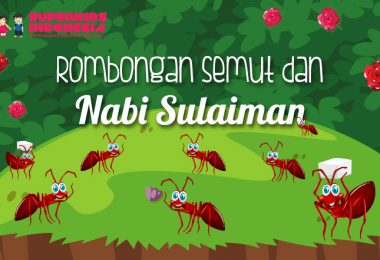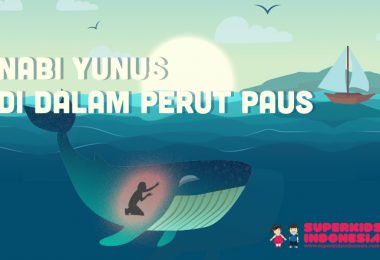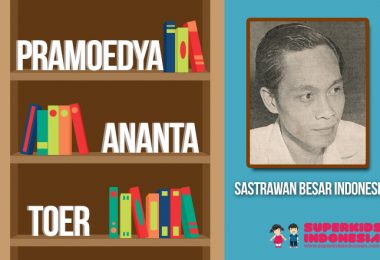I Ceker Cipak
Once upon a time in Dewata Island (Bali), lived a kind young man named I Ceker Cipak. What can we take for example from this young man, Superkids?
Cipak lived only with his widow mother. The two were well known as very honest people, despite of their shortage life. In one morning, with 200 coins in pocket, Cipak walked to the town market to buy some corn for trading.
On his way, he saw a man torturing a cat. Cipak couldn’t take it. “Oh, please don’t kill the cat, Sir. Just give it to me, i’ll pay you 50 coins in return,” he begged. The cruel man agreed. Cipak then walked away with the cat.
Not far from there, he saw a dog being beaten by a man. Just like before, Cipak offered a deal to trade the poor dog with 50 coins. Now he had a dog and a cat walked with him.
In the wood before the market, he came across people beating up a big snake. The snake was winding around a duck that probably belonged to the people. Cipak still had 100 coins with him. He picked half to trade with the agonizing big snake.
When approaching the market, Cipak went across a paddy rice field. Again, he met people who was hurting an animal. By that time, people were chasing a paddy scourging rat and beat it merciless. Cipak must let go 25 more of his coins to trade with the black and blue little rat.
Upon arriving at the town market late in the afternoon, Cipak spent his remaining 25 coins on food for him and the animals. The main goal to buy corn was halted. People were wondering to see a man walking with a cat, a rat, a dog and a snake following behind him. They went to the king to report. The king immediately summoned Cipak to the castle. After listening to the story of the animals, the king sympathized Cipak. He ordered Cipak to stay overnight in the castle before sending him back to his mother.
That night, the big snake Cipak has helped came to him. The snake hissed, tomorrow when going through the woods where Cipak helped it, a giant female snake named Naga Gombang will show up. “Fear not because she is my mother. She will definitely ask for my return. Just do as she says and ask for a ransom. My mother is fierce but she can’t defeat someone with your kind of darma (deed),” the snake advised.
In the morning, Cipak left the castle and returned to his village. The king has given him provisions of some money, clothes and 10 bundles of corn. When he made it to the woods where Cipak met the snake, Naga Gombang appeared. Cipak was nearly attacked. He then recalled what the snake told him. Cipak demanded a ransom before releasing the snake he carried. “Take the golden ring on my tail as the payment. Any object rubbed by that ring will turn into gold,” said Naga Gombang.
The magic ring change the life of Cipak and his mother. The two were live wealthy life. Naga Gombang was true to her words. The ring did turn anything into gold. But the legend of “I Ceker Cipak” didn’t stop here. He can’t live happily ever after without wife, right?
One day the magic ring was broken into two when the mother was crushing the paddy. Cipak took it to a goldsmith for repairmen. When it came back, the ring lost the magic. It turned out the goldsmith who learned about the magic ring switched it with a similar one. He wanted to have it for himself.
At night, the cat, the dog and the rat came to the goldsmith’s house. The cat and the dog guarded the place while the rat searched for the ring. The rat made a hole on the chests and wooden cabinets with its sharp teeth and found the ring hidden in a chest. The animals rushed to bring back the magic ring. That was their payback for Cipak deed when they first met earlier.
One day, Cipak came to the king to express his gratitude. Cipak who previously looked shabby was now clean and neat well dressed. The king accepted Cipak with utmost hospitality, even intended to have Cipak who was not an heir of a noble family as his son in law. Cipak was married to Ni Seroja, the king’s daughter.
That’s the end of I Ceker Cipak’s tale, a honest young man who got many kindness for being loyally devoted in carrying darma according to Hindu teaching.
RETOLD BY HAFIDA INDRAWATI
ILLUSTRASION: CAECILIA SANDY SIPUTRI


 Indonesia
Indonesia